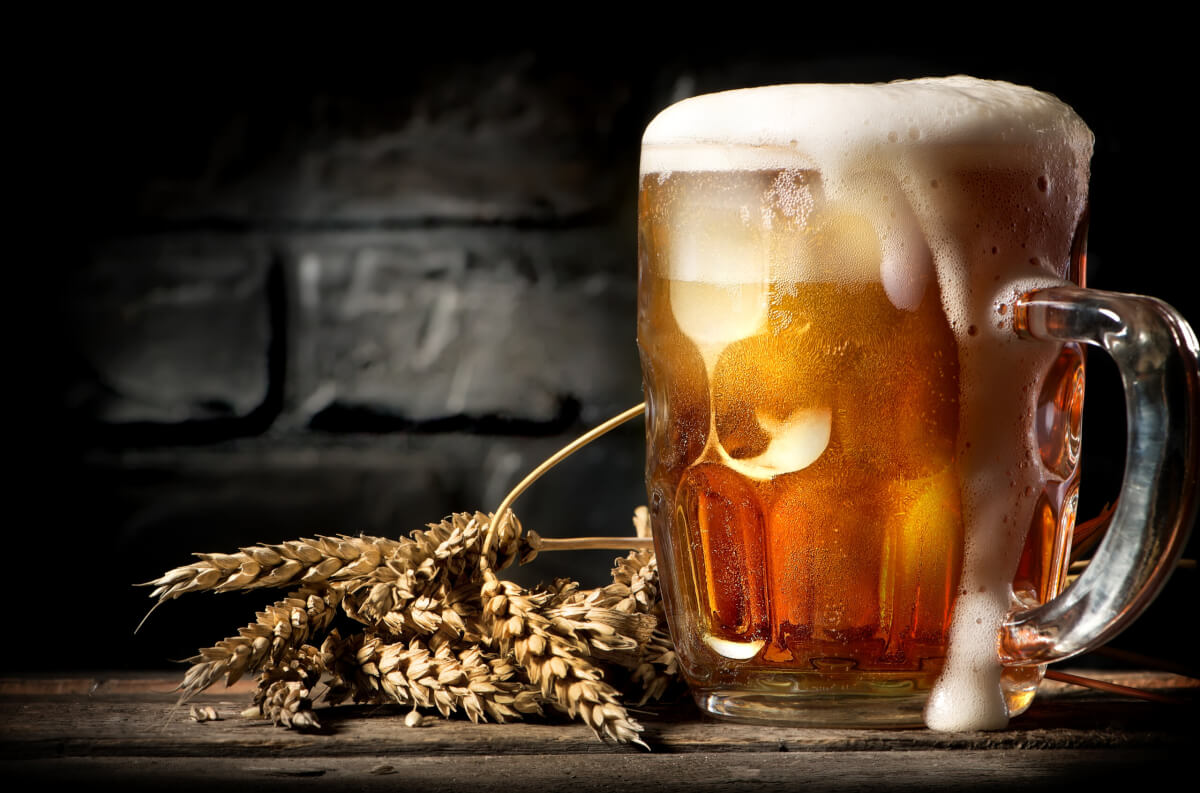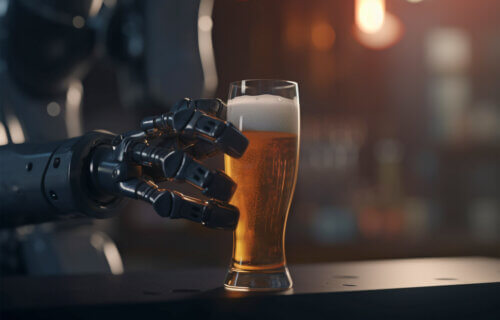LEUVEN, Belgium — Imagine being able to predict exactly how a beer will taste and even tweak its flavor to perfection, all before a single sip is taken. It might sound like the stuff of science fiction, but a team of Belgian researchers has brought this tantalizing prospect a step closer to reality by harnessing the power of artificial intelligence (AI).
In a study published in Nature Communications, scientists from KU Leuven and the VIB-KU Leuven Center for Microbiology in Belgium describe how they used machine learning algorithms to analyze a vast dataset of beer recipes, chemical compositions, and flavor profiles. Their goal? To create a model that can predict how different aroma compounds contribute to a beer’s taste and overall consumer appeal.
“I wanted to have a more neutral and scientific description for the different beers in the world,” explains Kevin Verstrepen, professor at KU Leuven and director of the VIB-KU Leuven Center for Microbiology and the Leuven Institute for Beer Research, in a statement.
💡What To Know About Artificial Intelligence:
- AI refers to the development of computer systems that can perform tasks that typically require human intelligence, such as visual perception, speech recognition, decision-making, and language translation.
- AI systems are designed to learn and adapt through experience by taking in data, recognizing patterns, building models, and making predictions or decisions without being explicitly programmed for each task.
- AI can be divided into narrow AI (focused on performing specific tasks) and general AI (having broad, human-level intelligence able to reason across diverse domains). Current AI capabilities are considered narrow AI.
To achieve this, the researchers embarked on a comprehensive analysis of 250 commercial Belgian beers, carefully measuring the concentrations of hundreds of aroma compounds in each brew. In parallel, a trained panel of 15 tasters evaluated each beer on a set of 50 criteria.
“It was a truly Herculean effort,” recalls Dr. Miguel Roncoroni, who led the chemical analyses and tasting panel. “We began the project with less than 100 beers, and quickly realized this would not be enough to capture Belgium’s incredible beer diversity, so we ended up analyzing 250 beers.”

Armed with this wealth of chemical and sensory data, the team turned to AI to uncover the complex relationships between a beer’s ingredients, its flavor profile, and its overall consumer rating. By training machine learning models on this extensive dataset, they were able to create a system that can predict key aromas and appreciation scores without the need for human tasters.
“The flavor of beer is a complex mix of aroma compounds,” explains Michiel Schreurs, one of the study’s authors. “It is impossible to predict how good a beer is by just measuring one or a few compounds. We really need the power of computers.”
🍺What To Know About The Steps Of Brewing Beer:
- Mashing – This is where the malted grains are mixed with hot water to convert their starches into fermentable sugars. The mash is then drained to collect the sugar-rich liquid known as wort.
- Boiling – The wort is boiled with hops, which add bitterness, aroma, and flavor. This boiling also sterilizes the wort.
- Fermentation – After boiling, the wort is cooled, and yeast is added to begin the fermentation process where the sugars are converted into alcohol by the yeast.
The researchers didn’t stop at merely predicting beer quality, however. They also used their model’s insights to fine-tune the recipe of an existing commercial Belgian ale, adding specific aroma compounds that the AI suggested would boost the beer’s rating. Sure enough, blind taste tests confirmed that the modified brew scored significantly better than the original. Looking ahead, the team sees vast potential for their approach to transform the broader food and beverage industry.
“Our biggest goal now is to make better alcohol-free beer,” says Verstrepen. “Using our model, we have already succeeded in creating a cocktail of natural aroma compounds that mimic the taste and smell of alcohol without the risk of a hangover.”
The researchers believe their study paves the way for a new era of precision brewing and food design, where AI can help craft products that are optimally tailored to consumer preferences. And while the science is serious, the team hasn’t lost sight of the sheer enjoyment that a good beer can bring.
“We did celebrate the paper with the alcohol-containing variants!” Schreurs jokes.
So, the next time you reach for a cold one, take a moment to appreciate the complex interplay of chemistry and computer science that may have gone into perfecting its flavor. Thanks to the power of AI, your future favorite beer might be an algorithm away.
